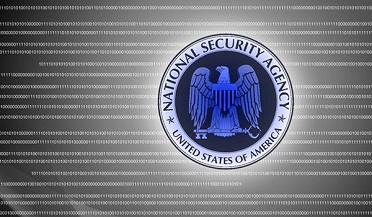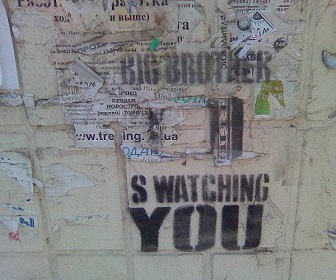Judge Leon and the Shocking Scope of the NSA’s Surveillance Program
David Cole

U.S. District Court Judge Richard Leon’s decision on Monday finding that the NSA’s telephony metadata program is likely unconstitutional is a welcome and important recognition that advances in digital technology require advances in Fourth Amendment doctrine if we are to preserve the privacy that the framers sought to protect. In particular, Judge Leon reasoned that the Supreme Court’s analog-era ruling that the Fourth Amendment does not restrict the government’s access to phone “pen register” data – the numbers you call, when you call, and how long you talk – does not necessarily govern whether the NSA’s collection of all Americans’ phone records for five years constitutes an unconstitutional invasion of privacy. The sheer quantity of data that the NSA gathers – about every phone call and text that every American engages in every day, maintained in a massive NSA database for five years – coupled with the ease of collecting, storing, and analyzing that digital data by computer, makes the NSA program qualitatively different from the simple collection of phone data on a single user over a limited period of time that the Supreme Court addressed in 1979.


























